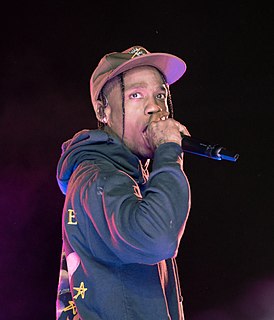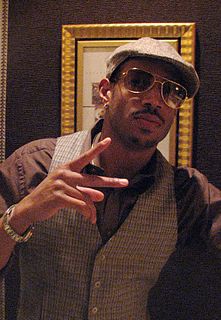A Quote by Darryl Pinckney
I know black kids who don't even know any other black kids except their cousins. And that's enough. You wouldn't look at these kids and say that they are Uncle Toms or self-hating or fleeing or trying to be white, given the culture in which they live, which is very natural to them as kids.
Related Quotes
We separated like oil and water. In the cafeteria, you'd see a table of black jocks, table of white jocks, table of rich white kids, table of Hispanic kids, table of Chinese kids, table of druggies, table of chatterboxes, and so on. Wait! There's a diverse table over there! With a few kids of different tenacities and economic status! Oh, that's the nerds. That's where I sat. We weren't cool enough for the other tables, so we didn't discriminate against anybody.
I'm the most inappropriate dad. I curse in front of my kids and their friends. I let my kids watch R-rated movies. I'll walk by the movie theater and say, 'Let's go see that,' and my kids will say, 'No, it's rated R. It's not appropriate for kids.' I'm like Uncle Dad. We have fun. I don't live with them, but I drive over four days a week.
I love everything black, because black is cool. When something crosses over, people are like, "Oh, this is a crossover." First of all, there is no urban anymore. Pop culture is black. White kids are dressing like black kids. It's all crossed the lines now. The way I understand it is, everything black is cool. When it crosses over to white, that means it's going from cool to uncool. That's what crossover is.
I went to a public high school and most of the comedy was coming from the black kids and the Asian kids and the Hispanic kids. And, the coolest kids to me where always the black kids. They were always fashion forward and they always dressed the coolest. They were always the best dancers, and just the coolest people.
When I think back, I felt like I had the life that a lot of white American kids grew up with in the suburbs in the States. I started noticing, as Apartheid's grip weakened, that we had more and more black kids at school; I had more and more black friends. But I never really saw a separation between myself and the black kids at school.





































